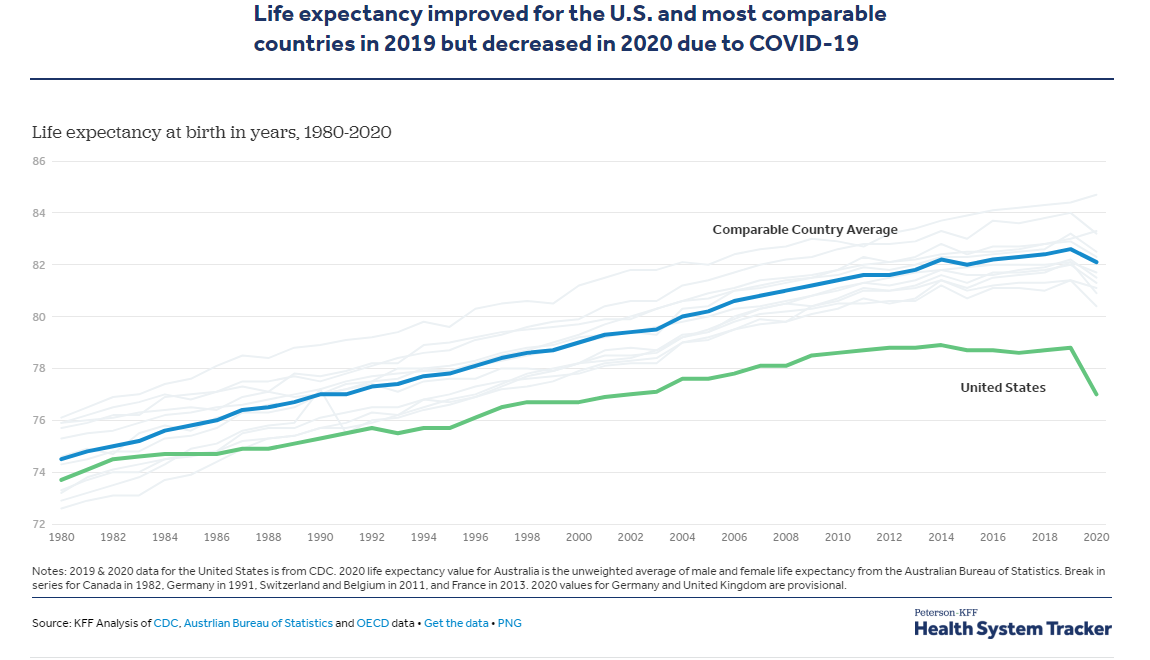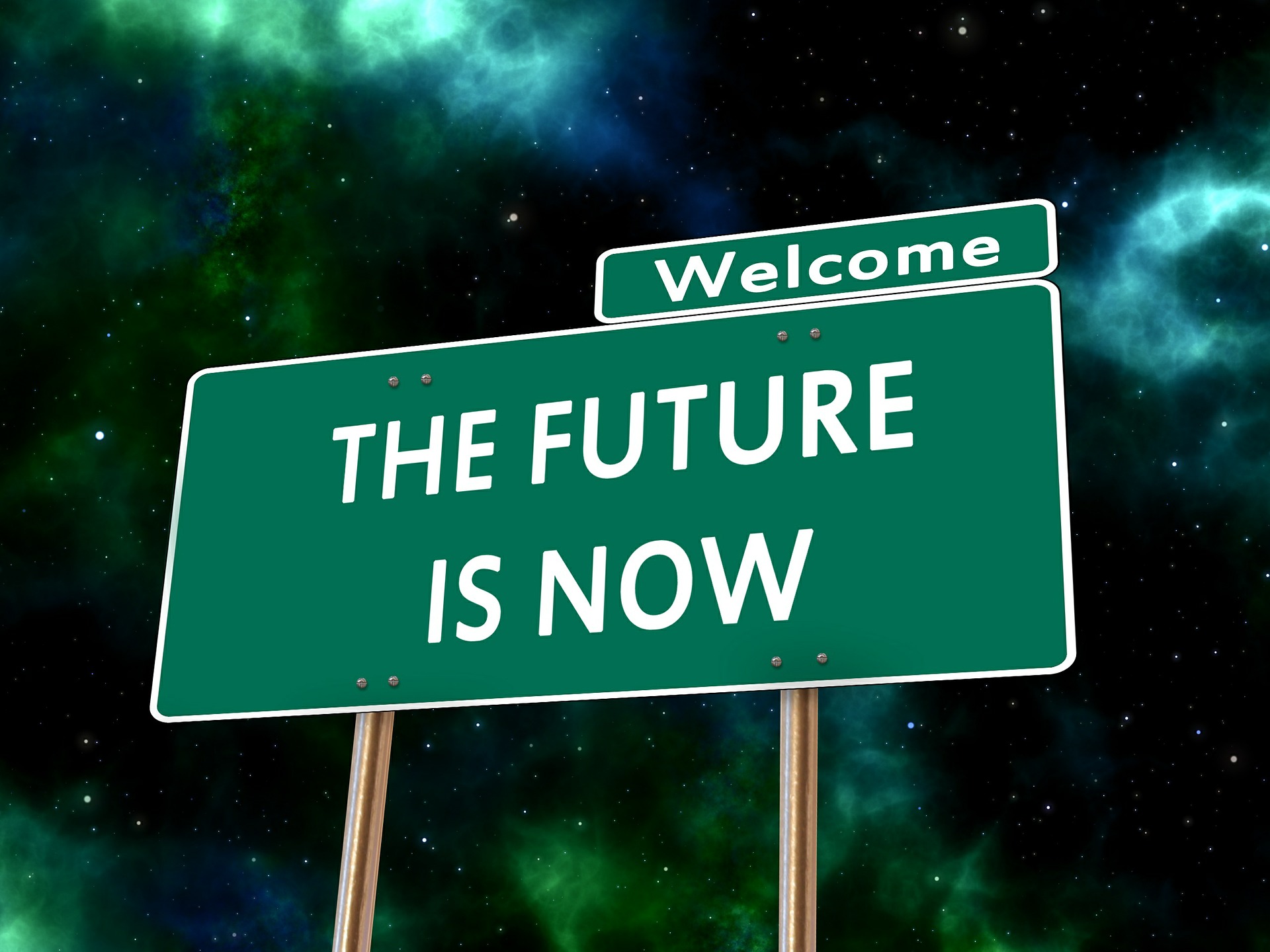How Prepared Are You For The Emerging Healthcare Crisis?

I guess by now, many of you know that I spend a considerable chunk of my time waltzing on the periphery of healthcare as a career coach, resume writer and LinkedIn strategist for healthcare C-suite and physician executives.
I’m fortunate to engage some amazing people – smart, committed, high-integrity, and dedicated to trying to make healthcare better.
The ship they are navigating is taking on water – fast.
COVID-19 opened the kimona on many of the entrenched problems in our capitalistic-focused healthcare system. Predatory capitalism (can you spell private equity?) is doing it’s share of destruction of an already ailing system.
I’m truly amazed at how health system executives continue to push on with so much resolve when the news just doesn’t tilt to the positive on so many levels.
I read an article today in Becker’s Healthcare newsletter that spurred me to get back up on my soapbox and ask you again:
Are you in control of your healthcare?
At the risk of again whipping a dead horse, let me remind everyone that what we refer to as a healthcare system isn’t – it’s a disease-care system. Reactive and cure-based rather that proactive and prevention based.
We’ve been conditioned to treat our selfcare as a $35 co-pay experience when the wheels get wobbly or come off the rails. Reactive and after the fact.
It’s doubtful that’s going to change in my, or your, lifetime. In fact, there are signs it’s going to get worse.
That’s what I felt when I read the Becker’s article.
It was an interview with Dr. Omar Lateef, homegrown CEO of the massive RUSH University Medical Center system in Chicago which is anchored by a 14-story, 671-bed hospital with 10,000 employees providing service to a population of over 600,000.
Amongst his list of challenges facing his organization and healthcare in general, one comment caught my attention and harkened me back to the importance of us individually taking charge of our health and not defaulting to our broken system as the arbiter of our health.
It was this comment about the impending shortage of front line healthcare clinicians. Quoting the 6/5/2023 article (bolding is mine):
When Dr. Lateef talks about another of healthcare’s most pressing problems — its staffing shortages — he does so without a hint of surprise. For years, national projections have shown sweeping deficits of physicians, nurses and other medical professionals.
“Basic math tells you if there’s more people retiring than are graduating and more people are getting old, that’s not a good trend,” Dr. Lateef said. “We knew that pre-pandemic.”
The U.S. faces a shortage of between 37,800 and 124,000 physicians by 2034, including deficits in primary and specialty care, according to the Association of American Medical Colleges. The country may see a shortage of anywhere from 200,000 to 450,000 nurses by 2025, according to McKinsey. These figures are staggering, and only compound other thin spots throughout the healthcare system where demand exceeds supply, including designated mental health professional shortage areas and the exodus of nursing home workers that is forcing facilities to limit new patient admissions.
Offense vs defense.
Are you on the offense with your self care? Or on the defense? This news should have us all asking that question.
Are we doing the things that will enable us to avoid having to contend with these impending shortfalls?
The reality is that if your primary care physician is part of a large health system (90% of them are), he/she is being driven to spend less and less time with you if you do have a problem because of the business model she/he is part of and the growing shortage of primary care physicians.
And they are getting tired doing it. One of the biggest problems health systems face today is burnout – at the physician and frontline caregiver level. More people are getting out than getting in.
If ever there were a time to get real about our selfcare, it’s now. As a country, we’re already sick and getting sicker. We are the sickest of all developed countries on the planet, by far, and becoming a laughing stock with our claim of being “exceptional.”
There’s no magic in all this!
We’ve known like, forever, how our bodies work. We are born with a birthright of good health and allow ourselves to be taught how to destroy it. And, in general, we do a pretty good job of that by the time we are in our 50s as we succumb to our entrenched capitalism-driven comfort, convenience, and conformity mindset.
We know the basic of what it takes to allow our 24×7 immune system to do its thing and enable us to avoid reliance on a broken system. Yet, we ignore it because it takes us a small step outside our comfort zone.
My wife and I have avoided COVID. Maybe we’ve been lucky. But we feel its more due to our health-focused lifestyle.
Aside from some surgery to address a problem with an arthritic thumb, I was in a doctor’s office just once last year, for an insurance-mandated wellness checkup (they used to call them physicals). It was a 20 minute experience.
A simple plan.
I know what to do to maximize my wellness – and I do most of it pretty well. It’s really no more complicated than getting plenty of cardio and strength-training exercise, good sleep, avoiding processed foods, and staying mentally challenged with purposeful work.
Anyone can do it – and many do it much better than me.
But, alas far too few even think about it – until a cataclysmic event happens. Then it might just end up being a dice roll.
Self care requires self knowledge. I suggest that our healthcare system is not where to go to get that knowledge.
I’m hopeful – –
-that preventive or functional medicine will someday prevail. I don’t expect it in my lifetime. But, you and I can pursue it on our own.
I’m following Dr. Mark Hyman and Dr. Peter Attia, two leaders in conveying the preventative care message.
Dr. Attia’s new book, “Outlive: The Science & Art of Longevity” just hit my desk today – a 411 page monster that I can’t wait to dive into.
Dr. Hyman’s book, “Young Forever: The Secrets to Living Your Longest, Healthiest Life” has had rave reviews and is on order.
If you need a starting point on a new journey that will help you not have to participate in the decline of our healthcare system, these would be good choices.
Have a plan for avoiding our healthcare system? We’d love to hear about it. Leave a comment for us and others to ponder.



























